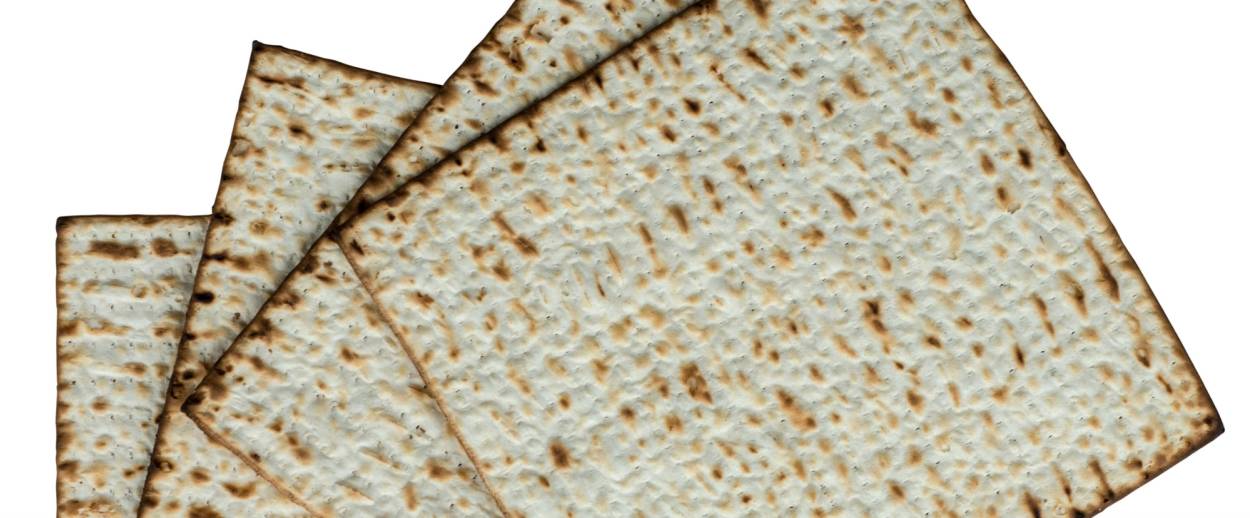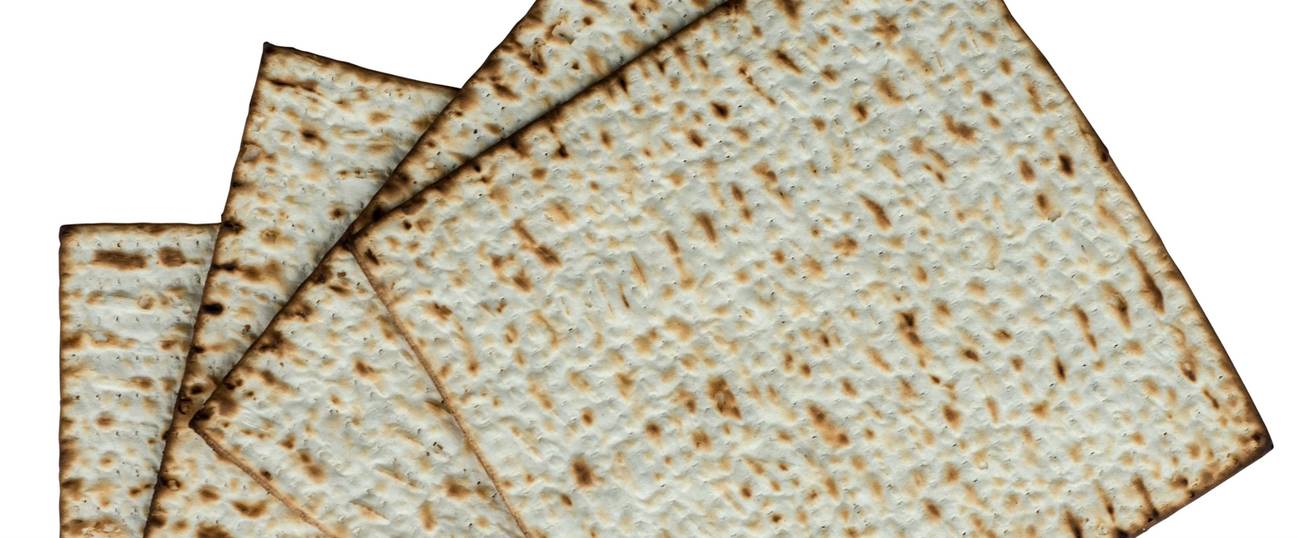Is Your Passover ‘Gebrokts’?
Get to know the holiday’s most under-rated term, which, strangely, has to do with not eating matzah




A Facebook wag recently posted that “Now that Purim has passed, schools here in [community deleted] have begun teaching the kids about Pesach hotels.”
A not so subtle shtuch there, in that unexpected final word (“shtuch” meaning, both literally and figuratively, “a jab”).
The wryness, of course, was aimed at observant Jews who choose to leave home for Passover. Those for whom the prospect of extensive cleaning, polishing, schlepping dishes back and forth and shopping for wine, matzo and kosher-for-Passover products conjures visions of ready-for-Passover, no-hassle hotel holidays dancing in their heads.
Over the years there has arisen a plethora of multi-star, rabbinically-endorsed resorts for those who prefer to leave their homes for Passover—and can afford nine days’ luxury hotel fees for their families. Most of us actually prefer to stay home; and some of us even look happily forward to the preparatory work.
If one peruses the ads for “Pesach Hotels” in some Jewish newspapers and magazines, one learns that he or she can spend a wondrous, fun-filled holiday at specially-made-kosher-for-Passover resorts in, to name just a few places, Florida, Arizona, California, Jamaica and Punta Cana (where one, presumably, can just look out one’s window and imagine Moses splitting the Caribbean).
The ads for most of those destinations, it will be readily noted, proudly proclaim “Glatt Mehadrin, Non-Gebrokts!”
Glatt what? and non-what?, you ask.
And I shall answer.
“Glatt,” first of all, for the uninitiated, in Yiddish (and German, whence it came) means “straight” or “smooth,” and refers to meat from an animal that was found to have “smooth” lungs—that is to say lungs without any fibrous adhesions, which, depending on their consistency, can render the animal’s meat non-kosher. The hotels are claiming to serve only the highest kosher-quality meats.
So, if you should come across a vegetarian or dairy restaurant claiming it serves only glatt kosher fare, be cynical. Very cynical.
“Mehadrin” is from the Hebrew root “hiddur,” meaning “handsome” or “exquisite”; in a kashrut context it means something akin to “top-notch,” a simple (and meaningless) accolade, like “organic.” So “mehadrin” refers to those who insist on the highest kashrut standards.
“Gebrokts” is a word used only in a Passover context, and refers to kosher for Passover matzo that has, after having been fully baked, become wet. From a strictly halachic perspective, as long as the matzo has been thoroughly baked, that presents no problem. But some observant communities, notably Hassidic ones, shun any moistened matzo. For them, no matzo brei, no matzo balls, no matzo farfel in chicken soup. As an inarticulate tweeter might type: Sad!
So “non- gebrokts” in the ads means that none of the cooked victuals served over Passover will contain matzo.
The word itself? It literally means “broken,” which is what would likely describe matzo to be mixed with liquid (see aforementioned matzo farfel and chicken soup). The “ge” prefix turns the verb “brech” into its past participle (think gefilteh—“filled”—fish). And, yes, brech is closely related to the English “break” and its German antecedent brechen.”
What’s somewhat odd about brech, though, is that, in a different context, it means “to vomit” (in German, erbrechen). Presumably, the intention is along the lines off “to break forth.”
And so if a Pesach hotel guest, having consumed too much matzo, wine and duck à l’orange, suddenly announces his need tzu brechen, one is advised to quickly excuse himself and head for the heated pool.
Rabbi Shafran, whose latest book is “It’s All In The Angle” (Judaica Press), blogs at rabbiavishafran.com.